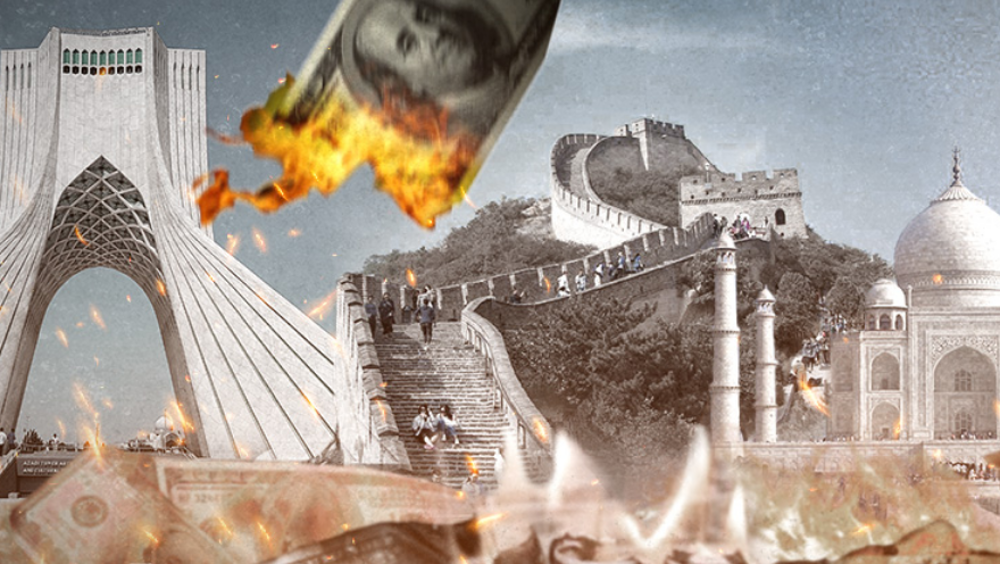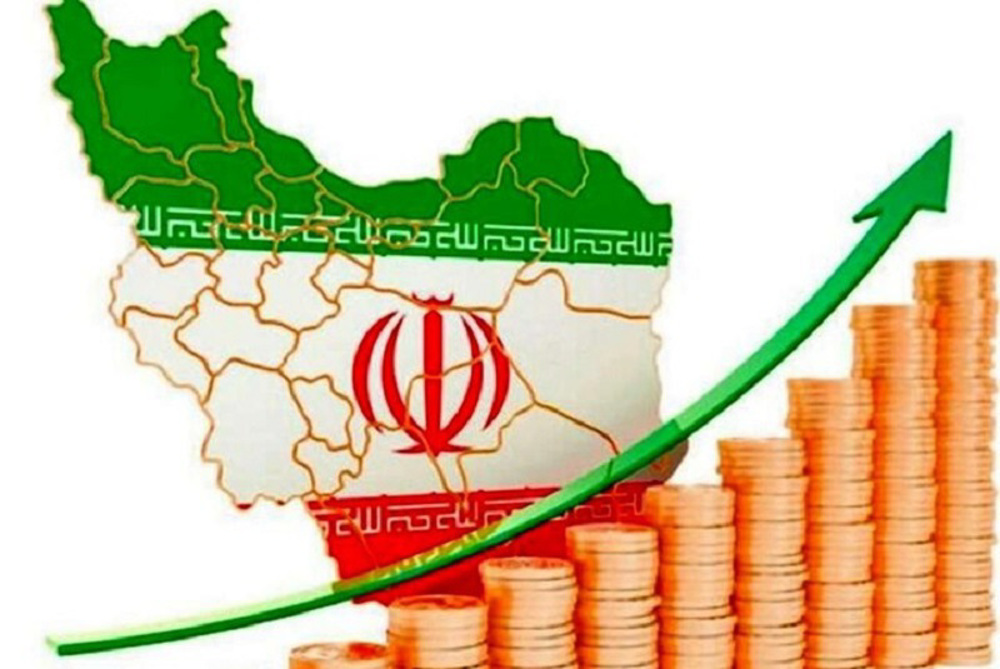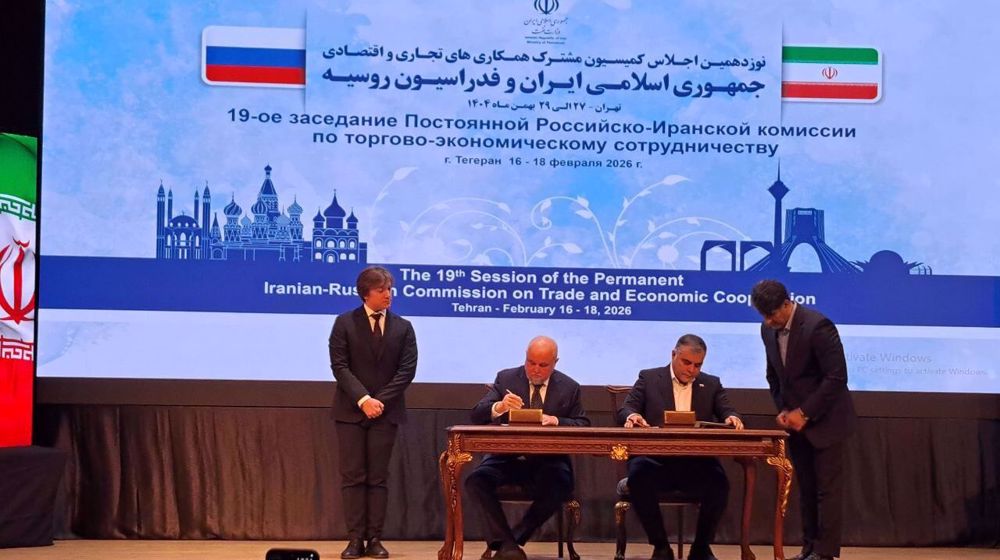The need to free Iran’s economy from bondage of dollar
In recent years, any fluctuation in the price of the dollar has affected the Iranian market of goods and services, raising the question why the country’s economy is so much dependent on the American currency.
Does the economy of advanced countries depend on the exchange rate to such an extent? The answer to this question is a definite no.
The hegemony of the dollar over the world economy is not only Iran's problem. In the past years, many efforts have been made by China, Russia, Turkey and the European Union to reduce the political and financial clout of the dollar.
According to a number of economic experts, many factors play a role in the dependence of Iran's economy on the dollar, but in reality, oil is the key soft spot.
Iran's economy is oil-based, and oil is considered the government's main source of revenue which is used more for the country's expenses than for infrastructure building. Therefore, when the exchange rate fluctuates, it directly affects the country's expenses.
Other countries have taken measures to free their economy from the bondage of the US dollar which, according to some economists, alone props up corrupt capitalism. China, for instance, has launched the crude oil exchange market where the trade is carried out in the yuan.
In Iran, the general policy is also to expunge oil from the country's budget, but the blueprint has remained on paper and has not seen the light of the day. Therefore, if the country's economy is governed by a sound policy, oil will not be such a problem.
For years, Iran received a splurge of petrodollars. Former President Mahmoud Ahmadinejad, in office from 2005 until August 2013, presided over an unprecedented period of revenue growth due to high oil prices, but analysts say, squandered much of it with a series of projects that pumped money into the economy and drove up inflation.
Normally, the golden era of Iran's foreign exchange earnings should have resulted in the emergence of a strong reserve fund and a kitty for rainy days, but the economy contracted by 6 percent instead while inflation stood at more than 40 percent.
Faced with a similar situation and a flush of oil revenues, Norway invested its foreign exchange earnings in overseas projects, building a buffer against currency shocks and protecting its economy from the effects of oil price swings.
Following the sanctions and instability of the exchange rates in Iran, the rial has sharply lost its value but the decline is partly attributed to negative expectations and speculative activities.
The effects of the sanctions have appeared partly through changes in people’s expectations and their behavior which have aggravated the situation.
Anarchic traits such as impulse buying have resulted in the dollar’s rally, which means part of the increase in prices is due to the psychological effects of the American economic, banking and oil sanctions.
For instance, when the government made changes in its monetary policies following the sanctions, such as reducing bank interest, people withdrew their money from banks en masse and made a beeline for the foreign exchange and gold markets.
Another factor in the economy's over-reliance on the dollar is the import of non-essential and consumer goods as well as intermediate goods and all kinds of raw materials needed for their production. Therefore, with the increase in exchange rates and the price of the imported goods, the cost price of domestic products also increases, which breeds further inflation.
One more factor weighing on the economy is the shift in general attitude where the dollar is viewed as a commodity and as soon as the foreign exchange rates vary, people begin to convert their assets into dollars.
The last factor in the fallacious chain of dependence on the dollar is the political nature of the economy.
For quite a while during the recent administrations in Iran, the accumulation of wealth in the hands of a few saw the emergence of some nouveau riche who have political power and access to certain rents.
This political power has accorded them the luxury of having a say in the country’s decision-making and since their financial power is greater than the power of the government, they control the market and cause turbulence and even havoc.
Many economists believe that dropping the dollar has a myriad of benefits which leaves no doubt as to how seriously we take it.
First and foremost, it allows to get rid of US licenses in global economic exchanges and weakens the effect of financial sanctions. It also strips the US of its leverage on Iran in political equations and the transfer of funds from the sale of oil to the country.
Moreover, it increases Iran's bargaining power in international relations, boosts domestic production and helps achieve more knowledge-based technologies.
Last but not least, it cuts inflation caused by foreign exchange price fluctuations.
Nevertheless, removing the dollar from economic and commercial exchanges requires serious measures on a macro level.
Iran’s parliament has already come up with a plan to reduce the dependence of the economy on the dollar and pivot to national currencies in foreign trade.
Currently, with the American power deemed to be fading, and many countries pushing to remove the dollar from their economic exchanges, there is a salient need and a fertile ground to put an end to the monopoly of the dollar in cooperation with countries such as China, Russia, and Saudi Arabia.
Why Iran’s Leader refused special protection, leading from the front until last breath
Hezbollah strikes Israeli surveillance, military base in Golan Heights, occupied lands
Iran holds funeral for 165 children murdered in US-Israeli aggression
Iran destroys main command building, headquarters of US air base in Bahrain
US embassy in Saudi capital set ablaze after drone attack: Riyadh
Saudi Arabia, Qatar foiled Mossad bombing plots on their soil: Tucker Carlson
Iran's firm response will last as long as attacks do: Envoy
Shedding of American, Iranian blood on ‘Israel firsters’: Iran FM










 This makes it easy to access the Press TV website
This makes it easy to access the Press TV website